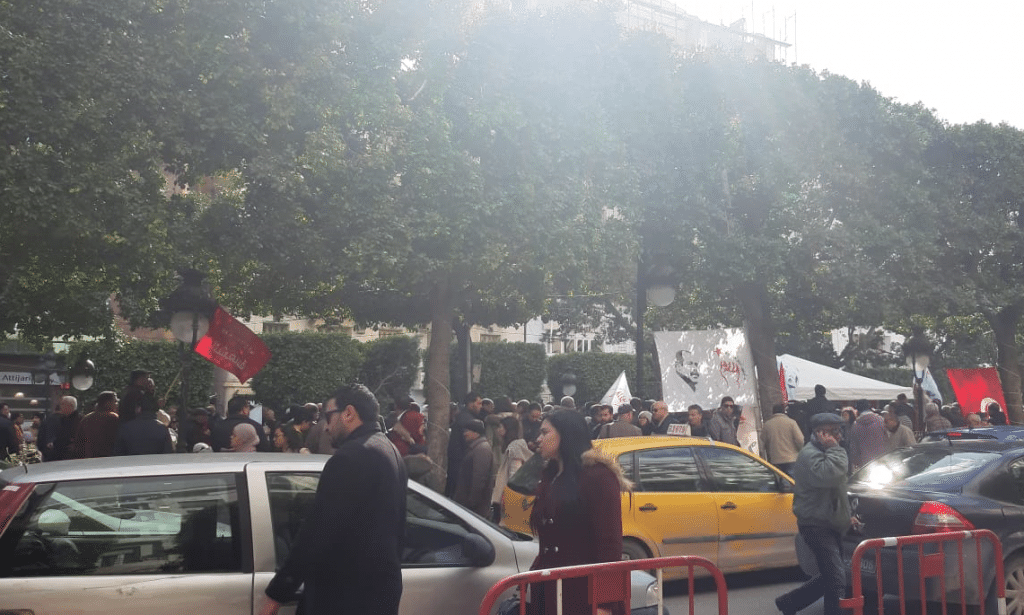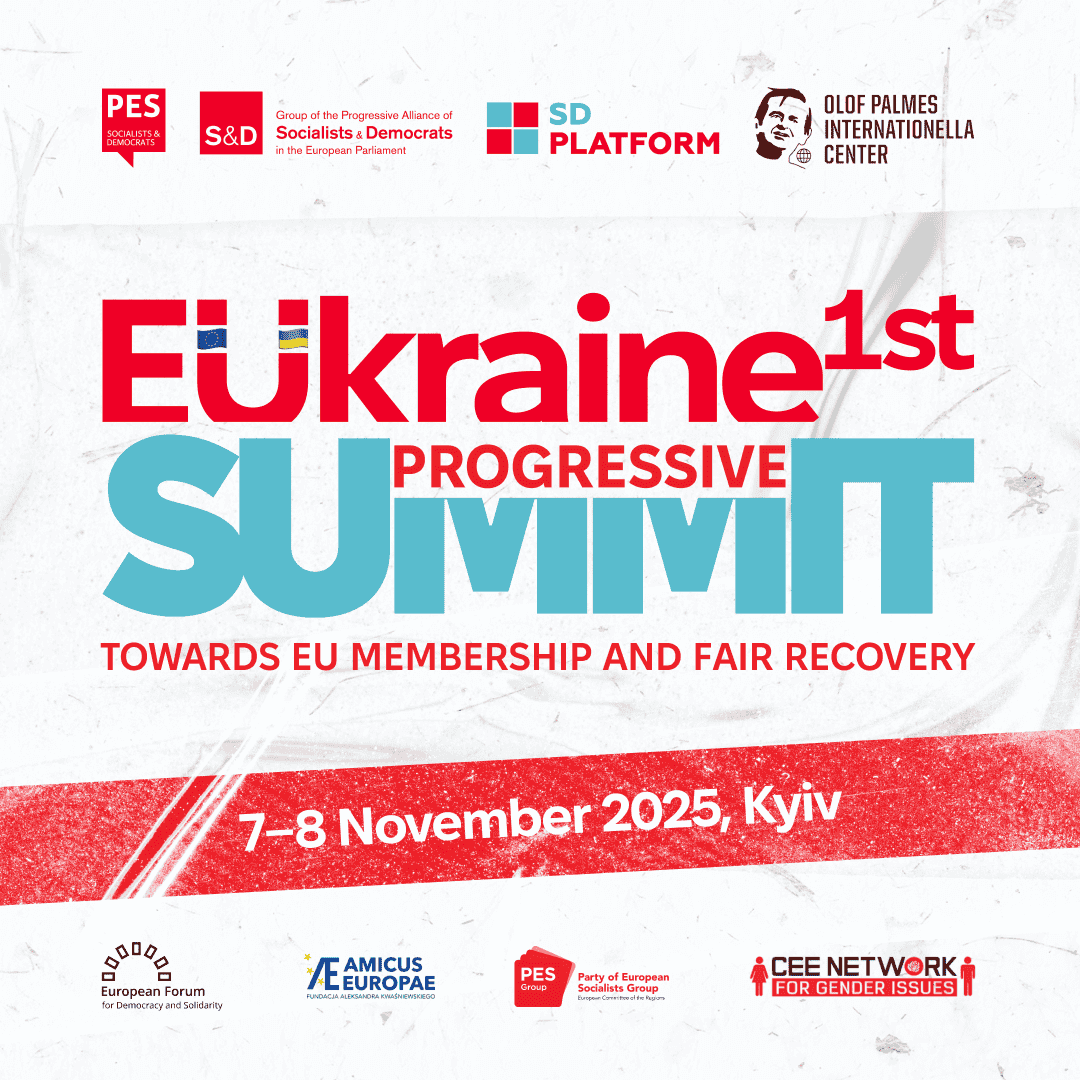Five years ago, in early 2014, Tunisia’s parliament adopted the new constitution. The constitution was applauded and since then, Tunisia is seen as one of the most progressive countries in the region, especially considering women rights. Five years later, there still exists many problems however. Youth unemployment is really high, corruption still exists, and inflation is rising. Many Tunisians are frustrated with their government, resulting in many protests still going on every day in the streets.
Youth of Ettakatol
For the remainder of the month, I’m in Tunisia to discuss irregular migration with stakeholders in the country. As FMS, we have been working in Tunisia with Ettakatol for many years. Ettakatol is one of the many political parties in the country – the country has over 200 parties – but it’s also one of those parties that is currently not represented in the national parliament. Last weekend, FMS trained more than 20 members, mainly youth members, to get them ready for the upcoming elections in the fall of this year.
For me, this was a good chance to see what the issues are for the youth here in Tunisia. An important question at the start of this weekend was: “Did life get better after the revolution?” And although the answers differed, it ranged from “it depends” to an outright “no”.
The big issues, according to them, are corruption and the economic situation. Big part of the latter is that the middle class in Tunisia has become almost extinct. There is much poverty and also many people who are rich, but there is a big gap between those two groups, with largely nothing in between.
They explained, looking at migration, it stands out that a majority of the youth in Tunisia would like to migrate, to either Europe or the Gulf Region. And this is not only about the economic situation, but also because Europe in general is perceived as a place with a better lifestyle. There is more freedom of choice and freedom of movement. And less bureaucracy, which can be a huge factor in Tunisia.
Protests
So people still go to the streets to protest the government. I already witnessed two small protests last week, but I’m sure I’ll see many more. The General Labour Union of Tunisia, UGTT, has already called a new nationwide strike, which is planned to take place on 20 and 21 February. The big question for me remains: why do so many of the youth here want to migrate to Europe? And how can our policies contribute to making migration from Tunisia to European countries beneficial for all?
Researcher Anne van der Meer will visit Tunisia for almost four weeks to talk about migration. Why do people want to migrate? How do they see their future? And how can irregular migration be prevented?




